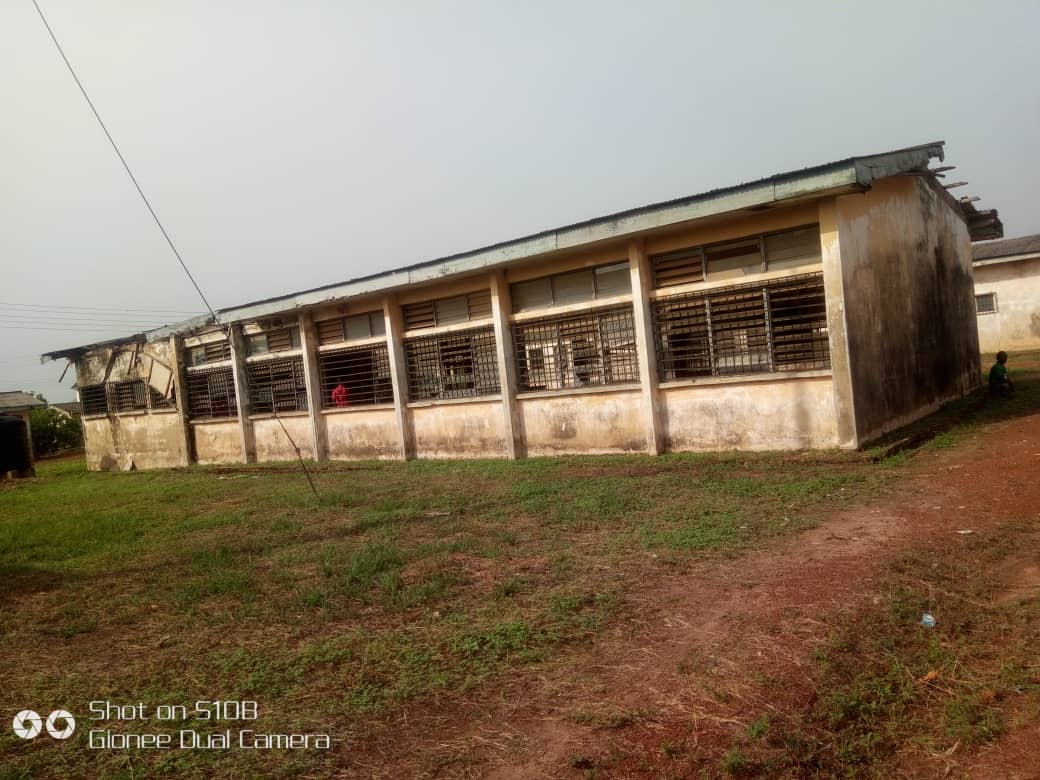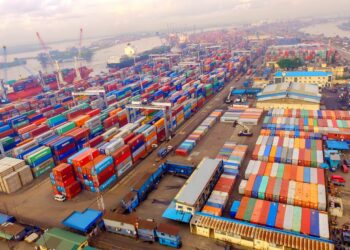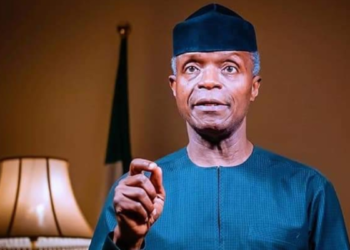Rehabilitation centers in Nigeria offer numerous economic benefits that contribute to the overall development and prosperity of the nation. These benefits extend beyond the immediate healthcare sector and impact various aspects of the economy.
By providing rehabilitation services to individuals with disabilities or illnesses, these centers help them regain independence and reintegrate into society. As individuals become more self-sufficient, they are better able to participate in the workforce and contribute to economic productivity. This increased productivity leads to higher overall economic output and growth.
Rehabilitation centers require a diverse range of healthcare professionals, including physiotherapists, occupational therapists, speech therapists, and vocational trainers, among others. The operation and maintenance of these centers also create employment opportunities for administrative staff, maintenance workers, and support personnel. Thus, the establishment and expansion of rehabilitation centers contribute to job creation and reduce unemployment rates in the country.
They play a significant role in the healthcare sector’s growth by providing specialized services for individuals with physical or mental disabilities. As the demand for rehabilitation services increases, there is a corresponding need for healthcare professionals, medical equipment, and facilities, leading to investments in the healthcare sector. This growth spurs innovation, research, and development in healthcare, ultimately improving the quality of care available in the country.
Effective rehabilitation services can prevent or minimize the long-term effects of disabilities, thereby reducing the need for expensive medical interventions and long-term healthcare costs. By investing in rehabilitation centers and early intervention programmes, the government can achieve cost savings in the healthcare sector and allocate resources more efficiently to other priority areas.
Rehabilitation centers promote social inclusion by providing individuals with disabilities equal opportunities to participate in society. As individuals regain independence and engage in productive activities, they contribute to economic growth and development. Moreover, by empowering individuals with disabilities to pursue education, training, and employment opportunities, rehabilitation centers promote economic empowerment and reduce dependency on social welfare programs.
Also, well-equipped and modern rehabilitation centers attract patients from other countries seeking specialized healthcare services. This influx of medical tourists contributes to revenue generation for the healthcare sector, local businesses, and the economy as a whole. Additionally, medical tourism promotes international collaboration, knowledge exchange, and expertise sharing, enhancing the reputation and competitiveness of Nigeria’s healthcare industry.
Hence, it is imperative that the federal and state governments give adequate attention to the smooth running of rehabilitation centers, and improve the infrastructure an ultimately, the quality of services around the country, which have over the years been largely abandoned.
For a fact, rehabilitation centers have been integral to societies since ancient times, providing care and support for individuals with disabilities or illnesses. However, despite advancements, colonial authorities introduced specialized centers due to stigma and discrimination. A case in point is the National Rehabilitation Centre in Emene, Enugu State.
It may be recalled that the concept of structured rehabilitation emerged in Western Europe in the 19th century, leading to the establishment of institutions focused on providing care for people with physical or mental disabilities. Today, rehabilitation centers offer a range of services, including physiotherapy, occupational therapy, and vocational training, aimed at helping individuals regain independence and quality of life.
The National Rehabilitation Centre in Emene, Enugu State, established in 1980, plays a crucial role in providing rehabilitation services for individuals with physical disabilities. Despite its importance, years of neglect and abandonment have left the center, now known as Welfare Home, in a state of disrepair. The lack of basic infrastructure and social amenities raises questions about the effectiveness of rehabilitation efforts and the treatment of its inhabitants.
As advocates for social justice, the National Association of Seadogs, Enugu branch, have called on the state government to prioritize the rehabilitation center’s needs. While acknowledging the governor’s efforts in fulfilling campaign promises and implementing various people-oriented projects, including road construction and healthcare facilities, the association urged him to address the plight of the rehabilitation center.
In a statement, the association said, “It is on this note that we, the National Association of Seadogs aka Pyrates Confraternity, Enugu branch wish to use this medium to draw the plight of the Centre and its inhabitants to the state government. In a special way, we appreciate the Governor of the state, Barr Dr. Peter Ndubuisi Mbah for his proactiveness in fulfilling his campaign promises to the people. But we urge the Governor/Government to include the Centre amongst his priority list. His Excellency should have it at the back of his mind that a society is judged by how it treats the least and handicapped people among itself.”
Investing in infrastructure and improving the conditions of rehabilitation centers is not only a matter of social justice but also crucial for economic development. By providing adequate facilities and support services, the government can empower individuals with disabilities to participate fully in society, contributing to the economy and fostering inclusive growth.
Furthermore, addressing the infrastructure decay in rehabilitation centers aligns with broader economic objectives, including job creation, poverty reduction, and sustainable development. By investing in infrastructure projects, the government can stimulate economic activity, create employment opportunities, and enhance the overall quality of life for citizens.
Moreover, improving rehabilitation facilities can lead to long-term cost savings for the government by reducing the burden of disability-related healthcare costs and increasing productivity among individuals with disabilities. By providing access to rehabilitation services, the government can prevent disabilities, mitigate their impact, and promote social inclusion.
Addressing the infrastructure decay in rehabilitation centers is not only a moral imperative but also essential for economic development in Nigeria. By prioritizing the needs of vulnerable populations and investing in infrastructure projects, the government can create a more inclusive and prosperous society for all citizens.




